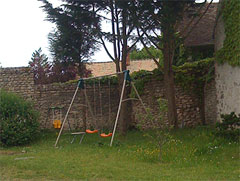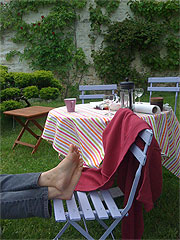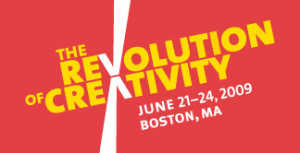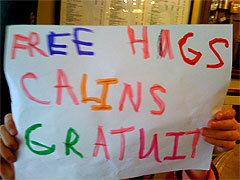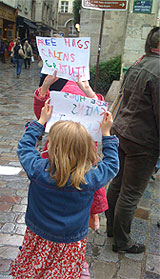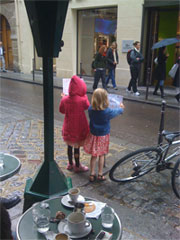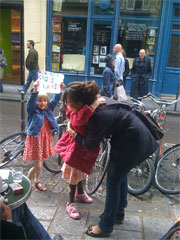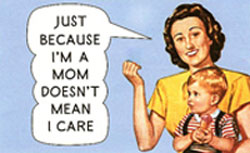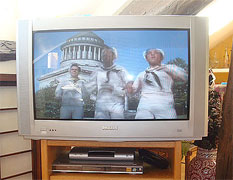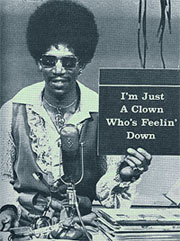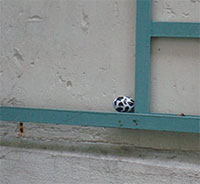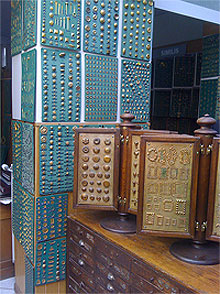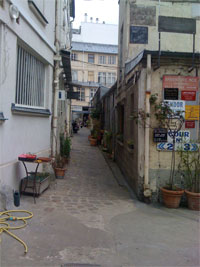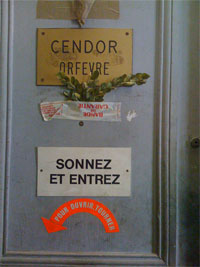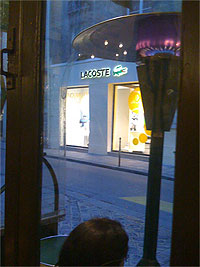Freedom
The streets of Freedom are wide and tree-lined, an open road to a late afternoon swim. Or else they’re narrow, winding and cobble-stoned, a labyrinth in the middle of an age-old village. They’re filled with festive, musical people. Or still and quiet, greeting a new morning. However you want it, it’s like that in Freedom. I know. I used to live there.
In Freedom, there are no children clamoring for you to attend to them. Nobody knocking on the bathroom door. Nobody wakes you up earlier than you’d like in the morning. Nobody needs you to “watch this.”

In Freedom, you never have to rush home. When an old friend you haven’t seen in ages stumbles into the bar just as you were about to relinquish your stool to head out, you can change your mind on a dime. Step backward and keep your seat. Order another round.
You can go to the train station and buy a ticket to anywhere without having to tell anyone where you are going or for how long. Not because you intend to do anything so very secret or illicit, but because you feel like being anonymous or alone, just to have a little privacy.
In Freedom you can stay out all night and sleep in all morning and heat up last Thursday’s pasta in the fry pan with butter and eat it all yourself, right from the pan, in front of the TV. You can wear your pajamas all day and nobody comments. You can play Creed or Coldplay or Puccini at full volume, you can belt it out with Ella singing Cole Porter and nobody looks at you cross-eyed. You can clean up or leave a mess; you’re free to do whatever you want.
I haven’t been there in years. I do an occasional drive-by and I think about strolling down those avenues lined with nostalgia. What hangs from the trees are long strings of selective memory. It seems like a paradise from where I am now. But it wasn’t always so rosy. Freedom was wild and spontaneous and occasionally decadent. It was also – more often than I’d like to admit – a bit lonely.
I miss Freedom. But I don’t live there anymore. I don’t even think I could go back. I just pass by it every once in a while and I remember, with fondness, the mostly-good old days.
